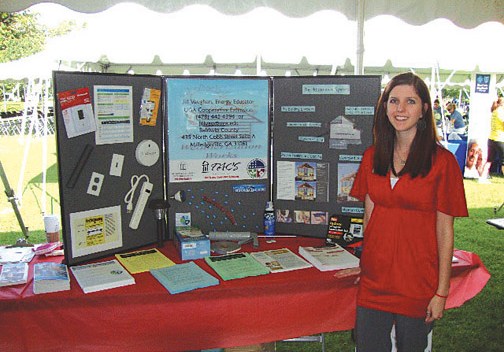
Local News
Grant funds weatherization for local residents
A stimulus-funded program with the University of Georgia’s College of Family and Consumer Sciences is helping low-income Central ... Read more

A stimulus-funded program with the University of Georgia’s College of Family and Consumer Sciences is helping low-income Central ... Read more